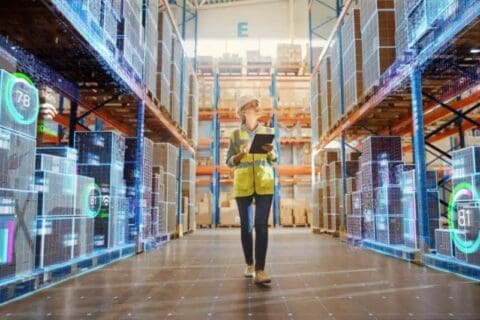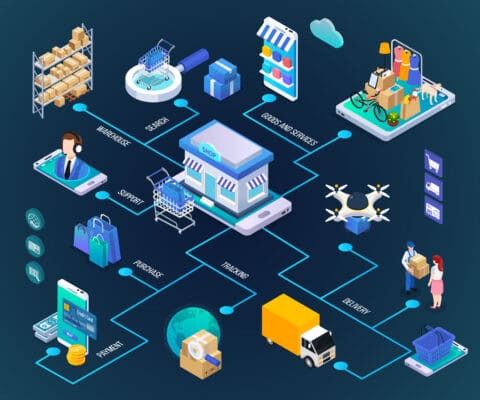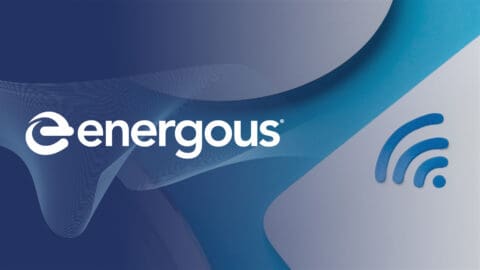The European Union’s (EU’s) Batteries Regulation 2023/1542 was introduced last year to help improve the sustainability of batteries and waste batteries, and make the circular economy more efficient by ensuring all batteries used in the EU market are more durable, safe, and sustainable. This legislation is the first to be applied to the entire life cycle of batteries, from the extraction of raw materials to reuse and recycling, and sets a new benchmark that will affect all companies that develop, manufacture, or use battery-powered products.
Requirements
The Batteries Regulation applies to all batteries, including portable batteries, and more specifically, portable batteries of general use. These battery types can range from the batteries found in ordinary consumer goods to those used in industrial applications. The Regulation comprises a number of requirements, including:
· Sustainability and Safety: The Regulation mandates sustainability and safety standards, including performance, durability, and specific safety requirements for different types of batteries.
· Recycled Content and Waste Management: The Regulation sets mandatory levels of recycled content and establishes stringent waste management protocols to promote recycling and reduce environmental impacts.
· Conformity and Market Surveillance: Manufacturers, importers, and distributors must adhere to conformity assessment procedures and market surveillance requirements to ensure compliance with the Regulation.
· Green Public Procurement: The Regulation promotes green public procurement practices to encourage the use of sustainable batteries in public sector projects.
Impact
The Batteries Regulation introduces significant and ambitious requirements covering manufacturing, design, labelling, collection, and recycling throughout the entire lifecycle of batteries. This impacts companies from a diverse range of industries. For example:
· Retailers that are selling battery-powered products in the EU will need to ensure their products comply with the new regulations, and they will need to work closely with suppliers to ensure all batteries and battery-powered products comply with the Regulation.
· Transportation & Logistics companies that are involved in the use, transportation, and disposal of batteries will need to adhere to stricter waste management protocols. There will be a need for investment in infrastructure to handle the increased volume of battery waste and comply with recycling and material recovery targets.
· Manufacturing companies that are using battery-powered solutions will have to implement due diligence policies and ensure compliance with all aspects of the Regulation. This may result in changes in production processes and supply chain management, potentially increasing operational costs but also opening opportunities for differentiation through sustainability.
A Battery-free Future
While improving the sustainability of batteries is a critical step on the path to a greener world, it doesn’t stop the bigger problem of our increasing reliance on batteries.
For example, a growing number of companies are turning to IoT technology to improve the efficiency and productivity of their businesses. However, to get real-time visibility into their assets, operations, and supply chains, they need to connect hundreds if not thousands of sensors, tags, and actuators to collect and transmit data – and each of these IoT-enabled devices requires its own battery.
Or does it?
Energous over-the-air (OTA) wireless power network (WPN) solutions enable unprecedented levels of visibility, control, and intelligent business automation – without batteries. Our transmitter systems provide a reliable RF power source for IoT-enabled devices, without the need for batteries, wires, or cables. They are capable of charging thousands of devices simultaneously, dramatically broadening the impact of wireless charging while facilitating a continuous data stream at the edge. The result is battery-free devices that are always on and connected to the cloud, collecting data, performing real-time analysis, and automating systems.
Energous is committed to building a more sustainable, battery-free future. Companies that leverage our groundbreaking WPN technology can not only reduce their infrastructure investment and ongoing operational expenses (given that batteries can constitute up to 50% of sensor system costs according to our customers) but also contribute to reducing hazardous e-waste. Disposable batteries flood landfills at a staggering rate of 100 p/second. By eliminating just half of this waste, we could prevent 28 billion batteries from ending up in landfills annually and contribute to environmental preservation globally.
Want to learn more about how Energous can help bring unprecedented levels of visibility, control, and intelligent automation to your business application – without batteries? Connect with us to check out our latest Proof of Concept!

Wireless Power: Revolutionizing The Manufacturing Sector
The company is growing its wireless energy solution to power BLE tags with new certification for use in Japan, and has teamed up with InnoTractor and Thinaer.

Unlocking the Future with Energous’ Radio Frequency Wireless Charging
Energous advances RF wireless charging, offering versatile and cost-effective power solutions that redefine efficiency and convenience in various sectors from healthcare to IoT.

About Energous
Pushing the boundaries of power, Energous leads the way in wireless power solutions. With over 200 patents, 30+ PoCs, and regulatory certification in 114 countries, Energous leverages its global expertise to deliver cutting-edge technology for IoT markets. Energous solutions enable efficient over-the-air power transmission as well as data transmission over


